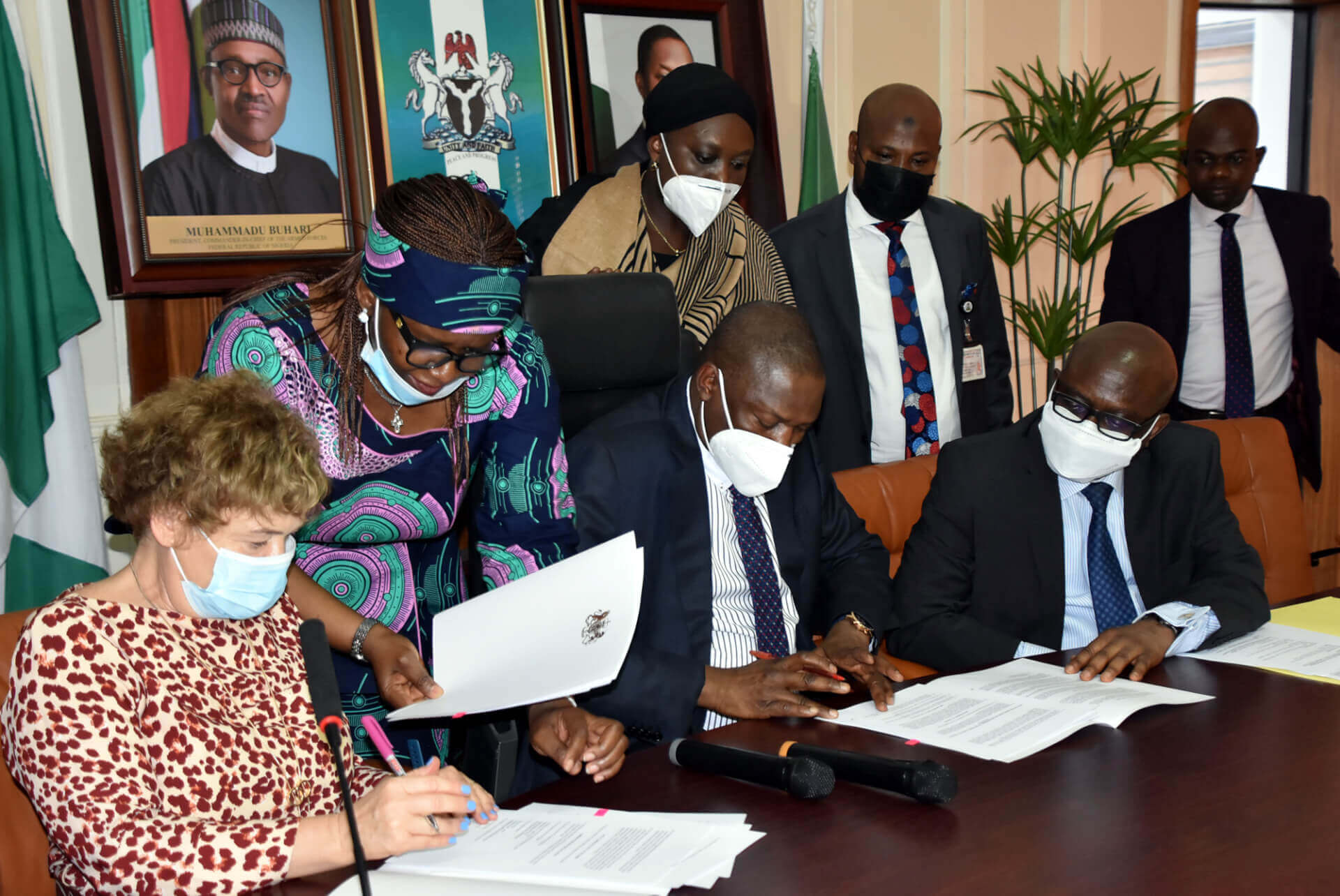On Tuesday, the United Kingdom’s (UK) government announced that it had reached a deal with Nigeria to return £4.2 million ($5.84 million) recovered from the former governor of Delta State, James Ibori, who was convicted on corruption charges in the UK in 2012. The money, which was “stolen” by Ibori, will now be directed towards “key infrastructure and building works for the Nigerian people”, such as the Lagos-Ibadan Expressway, the Abuja-Kano road, and the Second Niger Bridge, the UK government announced.
This honours a Memorandum of Understanding (MoU) the two parties reached in 2016, when they pledged to “recover and return the proceeds of bribery or corruption in a responsible and transparent way”. Ibori’s case represents the first time that this agreement has been put into action.
Ibori embezzled roughly £50 million ($69.6 million) through his role as the governor of the oil-rich Delta State from 1999 to 2007 and laundered his money in the UK. He was eventually arrested in the United Arab Emirates (UAE) and then extradited to the UK.
In February 2012, Ibori pled guilty to “money laundering, conspiracy to defraud, and forgery” and was sentenced to 13 years in prison. His stolen funds were recovered through a collaborative effort by the Metropolitan Police Service, National Crime Agency (NCA), Crown Prosecution Service (CPS), and supported by the Foreign Commonwealth and Development Office (FCDO), and the Home Office.
Following the deal on Ibori’s ill-begotten funds, the UK’s Minister for Africa, James Duddridge, said, “When money is stolen from public funds it hits the poorest communities the hardest and means money can’t be spent where it’s most needed.” He added, “The UK’s work on this case to recover millions of pounds will support vital infrastructure and building works. The UK and Nigeria will continue to work together to tackle crime and corruption across our nations.”
Similarly, the Minister of State for Home Affairs, Baroness Susan Williams said, “This is a significant moment in our fight against illicit finance wherever it is found.” She went on to say, “Recovering the proceeds of crime is a critical part of our fight against serious crime and this sends a clear message to criminals that we will relentlessly pursue them, their assets and their money.”
This week’s agreement was reached following a meeting between Nigeria’s Minister of Justice and Attorney General, Abubakar Malami, and the UK’s high commissioner to Abuja, Catriona Laing. Following their meeting, Laing said, “It is a guiding principle of both the U.K. and Nigerian governments that stolen assets should be used for projects that benefit Nigeria’s poor,” adding, “I believe that this agreement demonstrates the UK’s commitment to recovering and returning corruptly-obtained assets.”
Meanwhile, Malami that the funds would be directed to three infrastructural projects that would be overseen by the Nigerian Sovereign Investment Authority. Extolling the benefits of these projects, he said, “The projects will boost economic growth and help alleviate poverty by connecting people and supply chains from the East to the West and to the Northern part of Nigeria, a vast area covering several kilometers with millions of the country’s population set to benefit from the road infrastructures.”
Nigerian officials have long been known for laundering their money overseas. In fact, the country ranks 149th out of 180 countries on Transparency International’s corruption perception index. At the same time, this most recent episode shows how far the UK still has to go in terms of efficiently returning stolen funds, seeing as how this case took nine years.
UK Agrees to Return $5.84 Million From Jailed Governor’s Stolen Funds to Nigeria
This represents the first time that the UK has put into action an agreement it reached with Nigeria in 2016, wherein it “pledged to recover and return the proceeds of bribery or corruption”.
March 11, 2021

British High Commissioner Catriona Laing (L), Nigerian Minister of Justice Abubakar Malami (C), and Nigerian Permanent Secretary of the Ministry of Justice Dayo Apata SOURCE: JOHNSON UDEANI / BJO
